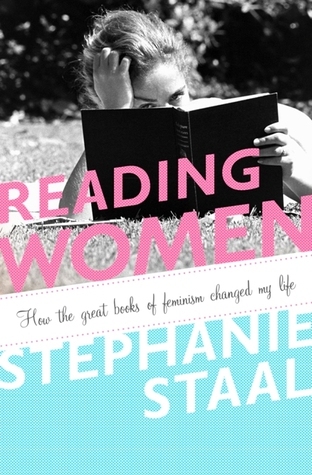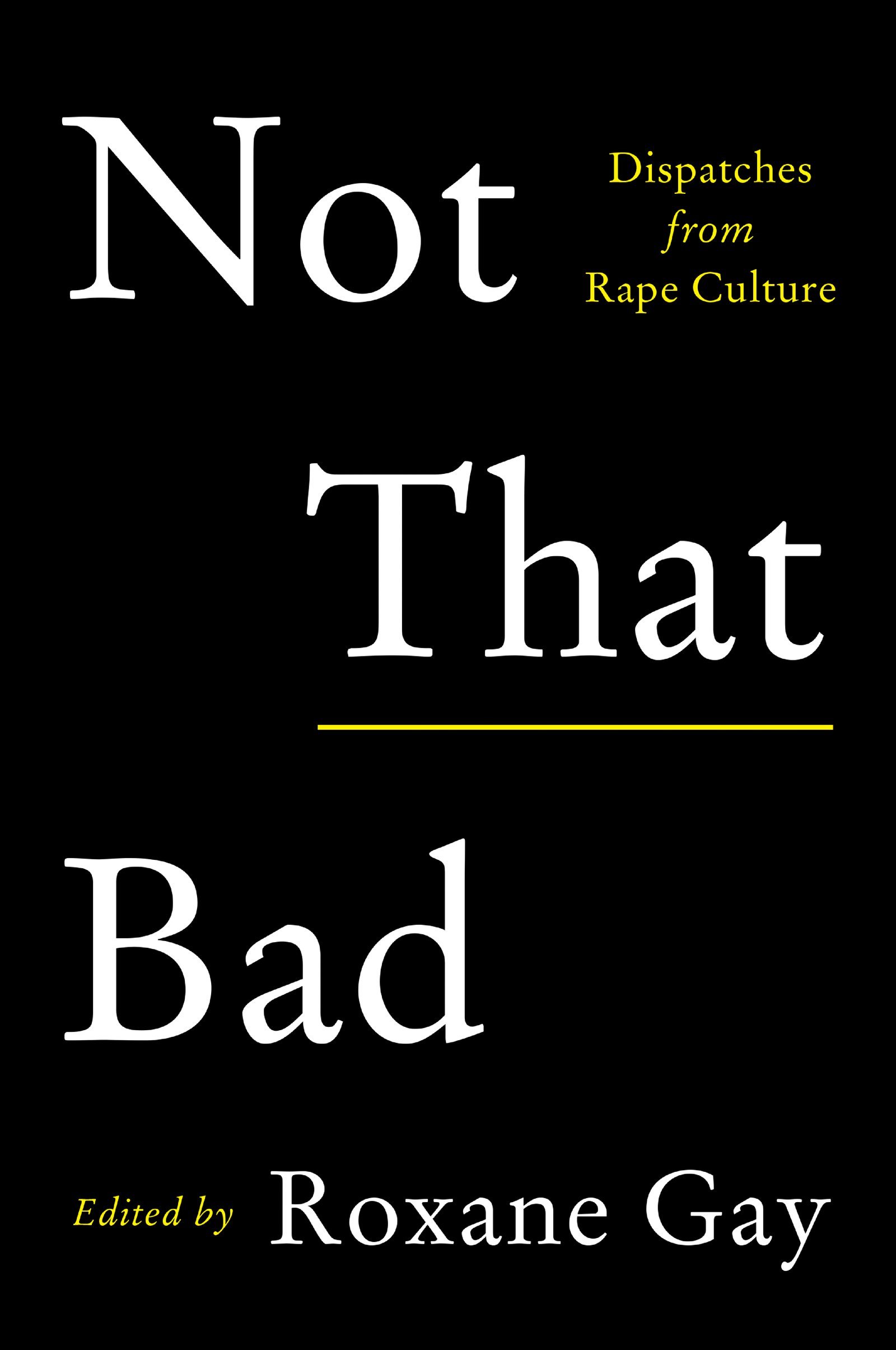
Bad Feminist
Book Description
Feminism isn’t a monolith; it’s a messy, exhilarating journey through contradictions and complexities. In "Bad Feminist," Roxane Gay dives headfirst into society’s expectations, tackling everything from pop culture to politics with razor-sharp wit and unflinching honesty. She confronts her own flaws and insecurities while challenging the rigid definitions of what it means to be a feminist. This collection of essays defies neat boxes and champions the beauty of imperfection, sparking provocative questions about identity and justice. Can one be a flawed advocate while still fighting for equality? The answers may surprise and inspire.
Quick Book Summary
"Bad Feminist" by Roxane Gay is a candid collection of essays that explores the messiness and contradictions within modern feminism. Through personal narrative, cultural critique, and sharp humor, Gay examines her own place in the movement and the ways in which mainstream feminism can exclude or overlook individuality and imperfection. She reflects on how pop culture—from movies to music—shapes and sometimes distorts our understanding of gender, race, and sexuality, and draws from her experiences as a woman of color. Gay’s essays celebrate the freedom to embrace inconsistencies, admitting fault and doubt while still fighting for social justice. Rather than aspiring to an idealized standard of feminism, Gay champions an inclusive, compassionate, and realistic approach, arguing that embracing our complexities can make the feminist movement stronger.
Summary of Key Ideas
Table of Contents
Feminism and the Acceptance of Imperfection
Gay opens by exploring the contradictions inherent in feminism and confesses to the pressures and expectations that can make one feel like a "bad feminist." She dismantles the notion that feminists must be flawless role models and suggests that embracing our failings—whether it's enjoying problematic art or struggling with societal conditioning—creates space for a more honest, accessible movement. Identity and striving for equality, Gay argues, are nuanced and deeply personal journeys requiring humility and self-reflection.
The Influence of Pop Culture on Gender and Race
Drawing upon pop culture, Gay critiques television, music, literature, and film, revealing how these mediums both reflect and shape societal attitudes toward gender and race. She questions the persistent stereotypes and marginalization seen in widely consumed media, such as the limited depiction of women of color or the prevalence of rape culture in storytelling. Her astute observations on pop culture underscore how deeply personal and societal attitudes are intertwined and how challenging these representations is crucial for broader progress.
Intersectionality and Identity
A major theme of the collection is intersectionality, as Gay shares her experiences as a Black woman and first-generation American. She addresses the complexities of identity—the ways in which race, gender, sexuality, and class intersect, shaping our opportunities and challenges. Gay highlights how mainstream feminism often fails to fully recognize these differences, calling for a more inclusive, multifaceted movement that welcomes a diversity of voices and experiences.
The Complexity of Speaking Out
Gay openly discusses the emotional labor and vulnerabilities involved in speaking out. She candidly addresses her own anxieties, mistakes, and the backlash feminists face, especially online. Gay encourages the embrace of vulnerability as a source of strength, not weakness. She shows how public expression—despite risks—can spark essential conversations about justice and change, empowering individuals and communities to stand up for themselves and others.
Personal Stories and the Power of Vulnerability
Throughout "Bad Feminist," Gay weaves her personal stories—her love for Scrabble, her academic journey, her encounters with microaggressions—into broader societal critiques. Her willingness to admit imperfection, embrace humor, and reveal her authentic self fosters a connection with readers. In doing so, Gay hammers home her core message: feminism need not demand perfection, but rather an ongoing, compassionate effort to achieve gender equality while honoring personal truth.
Download This Summary
Get a free PDF of this summary instantly — no email required.





